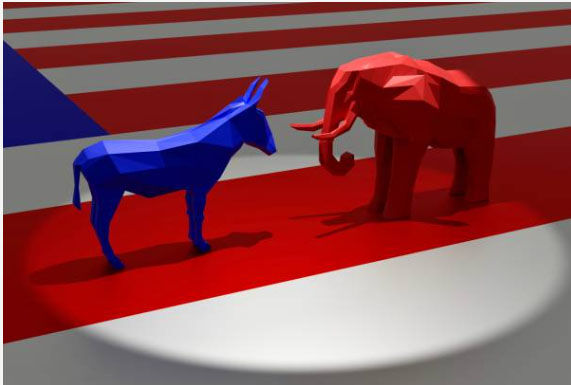Uber’s Colorado suit a corporate test case to push legal limits | OPINION

David Seligman
The Trumpian mindset that laws and courts can be weaponized for profit is on full display in Uber’s latest lawsuit in Colorado. In a brazen move, the ride-hailing giant has gone to court to argue it has a First Amendment right to hide its pricing and profit practices from the public. This legal gambit is not just cynical; it’s part of a broader trend of corporations using aggressive legal arguments to undermine worker and consumer protections.
Uber’s lawsuit seeks to block a transparency law passed by Colorado lawmakers last year and set to take effect Feb. 1. The law requires ride-hailing companies to disclose how much of a rider’s payment goes to the driver versus the company’s profits. It also mandates clearer earnings breakdowns for drivers. As documented by the National Employment Law Project, Uber’s opaque pricing algorithms have allowed the company to pocket an ever-larger share of rider payments while leaving drivers with stagnant or declining earnings. Without clear disclosures, riders and drivers have no way of knowing how much of their money goes to the driver versus how much is siphoned off by Uber. The Colorado law seeks to end this secrecy, empowering drivers to make informed decisions about their work and riders to make informed decisions about how they spend their money.
Stay up to speed: Sign up for daily opinion in your inbox Monday-Friday
At the time the legislation passed, Uber publicly accepted the new requirements. It negotiated the details with lawmakers and said it had nothing to hide. But now, with the law’s implementation date approaching, the company is making an about-face, rushing to court to block the rules. It argues requiring disclosure of its pricing practices violates its First Amendment rights.
The hypocrisy of this move is staggering. Uber spent months working with Colorado lawmakers, giving every indication it would comply with the law. Now it claims complying would infringe on its constitutional rights. Can you imagine ordinary people getting away with such a bait-and-switch?
The lawsuit’s legal arguments are equally troubling. The Trump administration’s judicial appointments have tilted many courts in favor of corporate power, emboldening companies like Uber to test just how much they can get away with. Uber’s claim hinges on an extreme, conservative and corporate-friendly interpretation of the First Amendment Justice Elena Kagan has described as the “weaponization” of free speech. This strategy, increasingly embraced by corporate America, uses constitutional protections for speech to strike down laws designed to protect workers and consumers by forcing corporations to tell the truth. In other words, even as conservative courts strip away fundamental rights for regular people, corporations seek to weaponize hard-fought constitutional protections for their own profits.
Uber’s legal arguments are not only cynical but also hypocritical. Though the company whines in court to assert its own constitutional rights, it routinely denies similar rights to its workers and customers. Uber’s terms and conditions force most disputes into mandatory arbitration, a system rigged in the company’s favor. Riders and drivers cannot sue Uber for wage theft, unfair treatment, or most other grievances. The company’s use of forced arbitration clauses has stripped ordinary people of their right to a fair hearing while reserving the courts for itself when it suits its interests.
This double standard should outrage everyone. Uber’s lawsuit is not just a battle over transparency in Colorado; it’s a test case for how far corporations can push the limits of the law to shield their practices from scrutiny. If Uber succeeds, it will send a chilling message companies can use the First Amendment to avoid accountability and transparency. It would pave the way for other corporations to challenge basic consumer and worker protections, further entrenching their power at the expense of ordinary people.
The stakes couldn’t be higher. On Friday, a Colorado court will hear arguments in this case. The outcome could determine whether this modest but important law survives or whether Uber can shield its practices from public view. Colorado lawmakers passed this legislation to promote fairness and transparency. They understood the public has a right to know how their money is spent and that workers deserve clarity about their earnings. Uber’s actions exemplify the Trumpian ethos laws and institutions exist to serve the powerful, not the people. It’s a mindset that must be resisted at every turn.
Transparency and accountability are not negotiable. Our courts should not become tools for corporations to evade scrutiny. The rights of workers and consumers must come before corporate profits.
David Seligman is executive director of Towards Justice.











